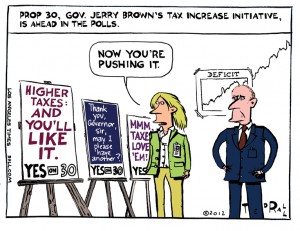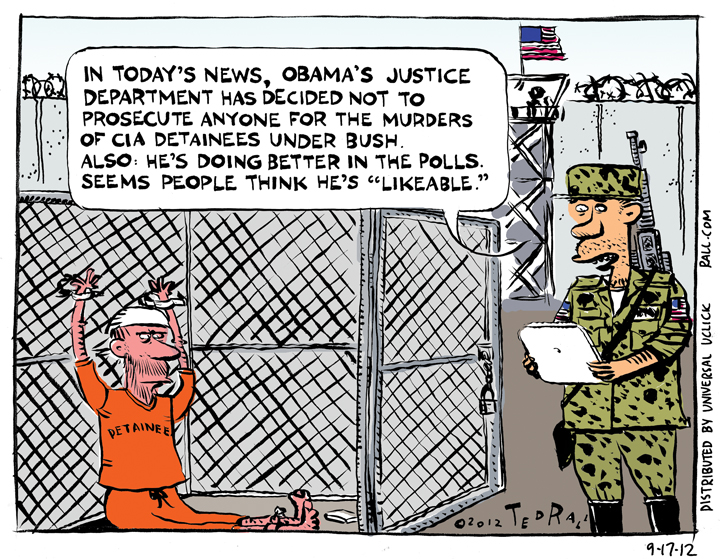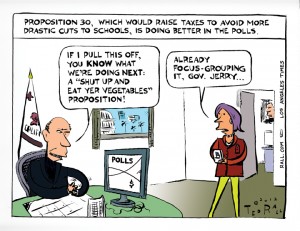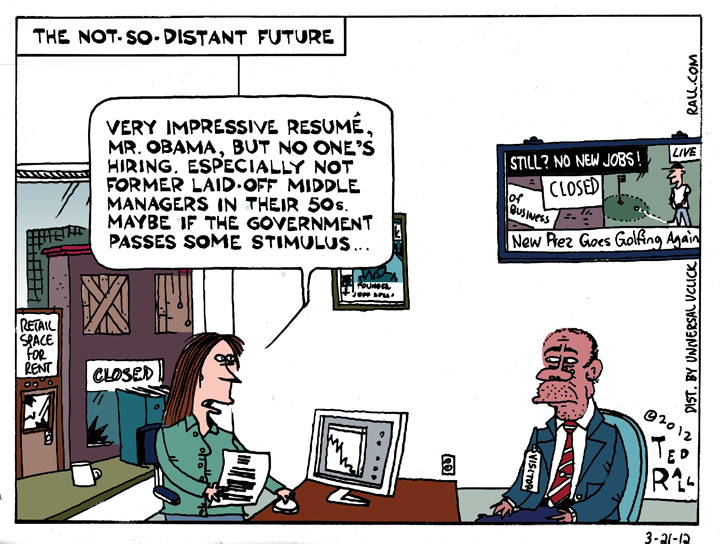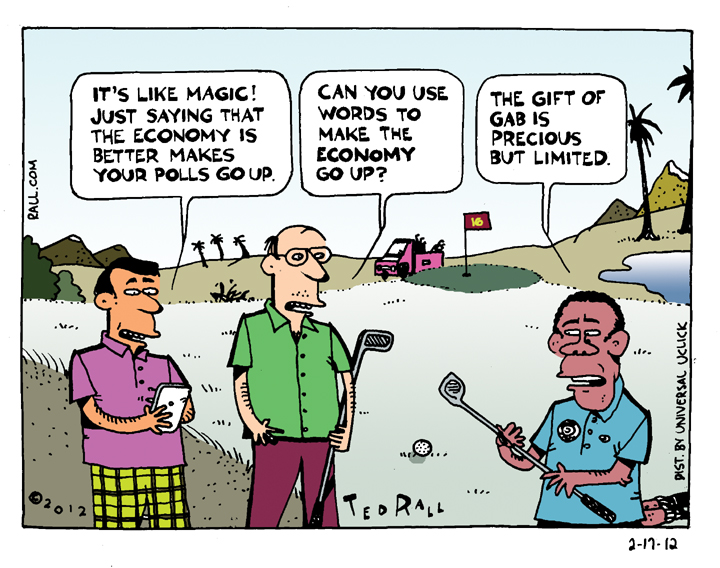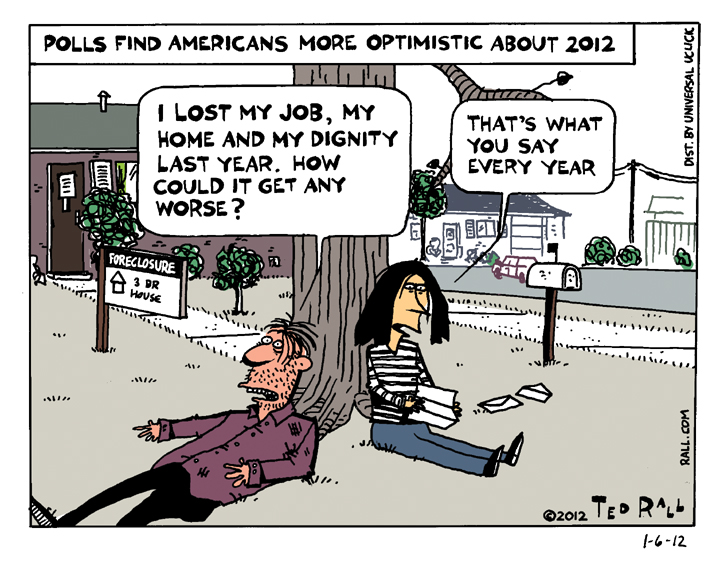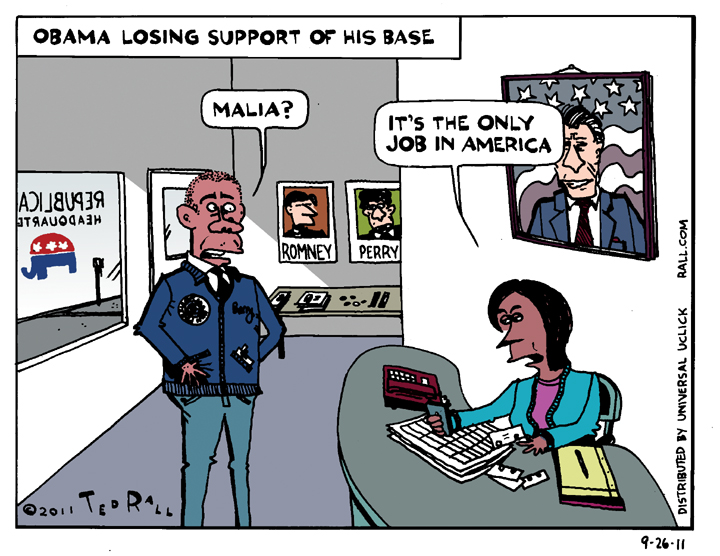I draw cartoons for The Los Angeles Times about issues related to California and the Southland (metro Los Angeles).
This week: If Governor Jerry Brown’s tax hike plan wins at the polls, he’s golden. If it fails, he’ll have to preside over some budget-balancing alternatives that will anger the public.

